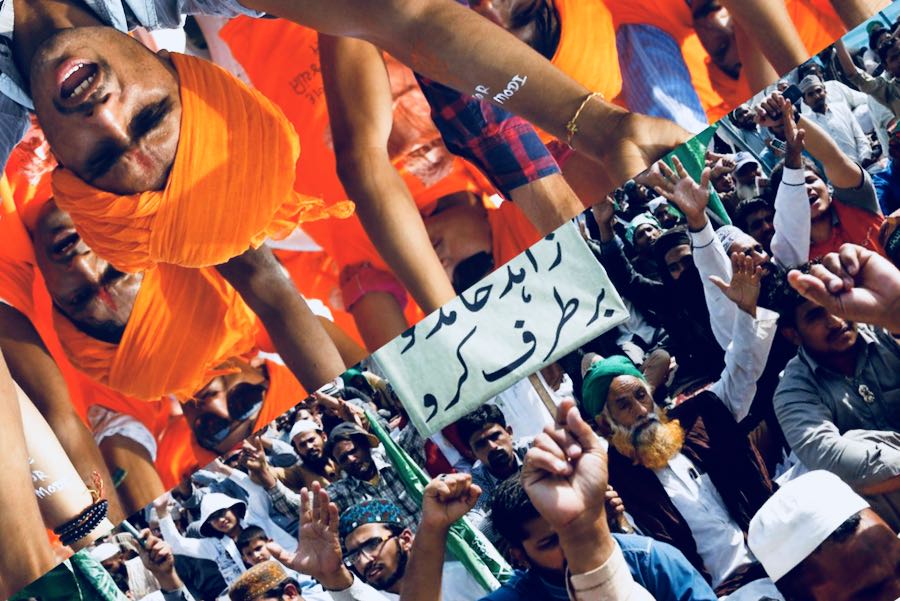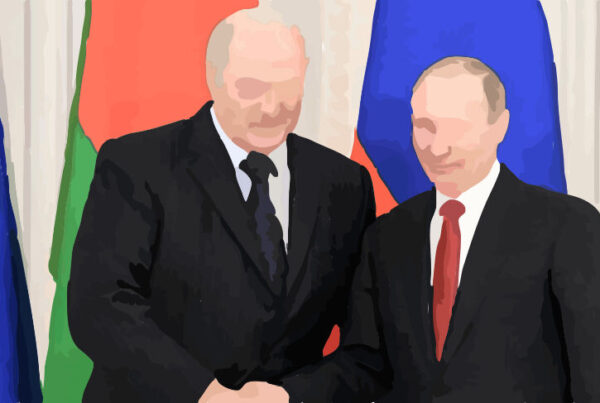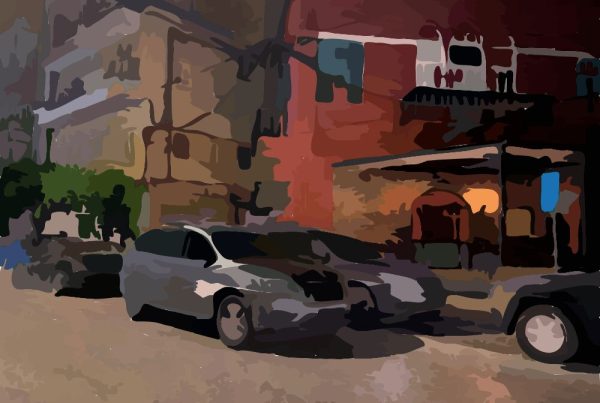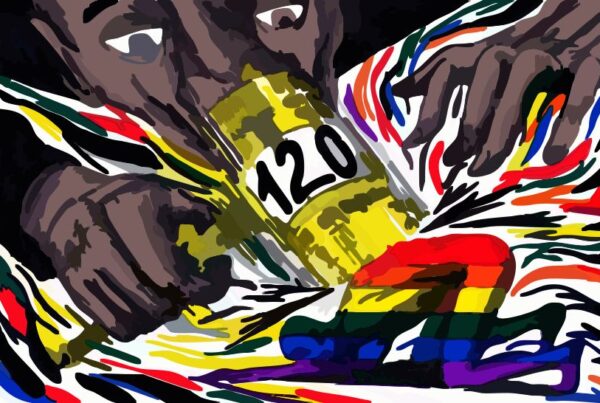The conflict between Pakistan and India, prompted by hyper-nationalism, is not new in the Indian subcontinent since their separation in 1947. The two countries share the same culture and traditions, but also many other things like corruption and religious fanaticism, and they are both facing a painful war on poverty. Their traumatic separation created two nuclear-armed nations who have fought three wars in the past 70 years. Adding fuel to the fire, both countries continue to use religious extremism and nationalism to encourage a proxy war and mutual hatred.
Wajahat Ali, in an article published in 2015, wrote: “The current generation of both Indian and Pakistani citizens may be unable to remember a time when their two countries were not, in some way or another, engaged in a high-stakes game of chicken. But to truly understand the roots of this conflict, we must look much further back. Because arguably, the seeds of India and Pakistan’s mutual mistrust—religious extremism and political stalemate—were sowed by the very same event that ushered in their independence.”
Against blasphemy and cow meat
In Pakistan some people are killed on the street by aggressive religious crowds, due to allegations of blasphemy. The most recent example is the homicide of Mashal Khan, a student of Mardan University killed by his own peers on false allegations of blasphemy. This crime was widely condemned in and out of the country.
Meanwhile in India the Muslim minority faces oppression for consuming beef. Junaid Khan, a 16-year-old teen, was stabbed to death by a man on the train while going back to his hometown in Haryana, after spending the day shopping for clothing for the upcoming Eid al-Adha festival. Another case of lynching for beef consumption was reported in 2015. A Muslim man was beaten to death by a crowd of Hindus for allegedly smuggling cows to have them slaughtered. According to The Indian Express these accusations were false, and subsequent DNA testing confirmed the meat was in fact mutton.
Pakistan fundamentalism versus apostasy
If India has not been able to counter Hindutva extremism (Hindu nationalism), Pakistan has not been able to sustain a significant anti-extremist campaign within its own borders because it has never been able to resolve the question of its identity. Is it an Islamic republic or not? Is it a theocracy or not? This dualism is a structural problem rooted in the political history of the state. The top ruling leaders of Pakistan have exploited religious sentiments to centralize and strengthen national identity.
Three days before Pakistan independence, on 11 August 1947, the founder and first governor-general of Pakistan Quaid-i-Azam Mohammad Ali Jinnah addressed the constituent assembly of Pakistan, which was interpreted as a clear declaration of intent to build a secular state. Soon after his death, any reference to secularism was eliminated. The first formal step towards the transformation of Pakistan into an Islamic state was taken in March 1949 when the country’s first ever prime minister presented the “Objectives Resolution” in the constituent assembly.
And yet young people communicate
In both countries, religious groups have been supported by the state mechanism to influence domestic politics. In Pakistan many journalists were killed because they criticized political-religious influence and extremism, but Indian fundamentalists have nothing to envy to Islamist terrorists, in fact they take pride in killing the secular voices of their country and rejoice in their death. One example is the murder of Gauri Lankesh, an Indian journalist who openly criticized the right-wing extremism of Hindutva and Hindu national politics.
Yet there is always hope and things are changing. The process is slow due to the political instability in both countries, but social media has brought the youth of both neighbouring countries closer, they are sharing their views and talk about mutual social issues. Many of the issues are still waiting to be taken under consideration by both civilian and military rulers.
“You turned out to be just like us”
Renowned Pakistani poet Fahmida Riaz wrote these verses to address Indians about their religious extremism, and it is titled: “Tum Bilkul Hum Jaise Nikle” (You turned out to be just like us).
Turned out you were just like us.
So it turned out you were just like us!
Where were you hiding all this time, buddy?
That stupidity, that ignorance
we wallowed in for a century –
look, it arrived at your shores too!
Many congratulations to you!
Raising the flag of religion,
I guess now you’ll be setting up Hindu Raj?
You too will commence to muddle everything up
You, too, will ravage your beautiful garden.
You, too, will sit and ponder –
I can tell preparations are afoot –
who is [truly] Hindu, who is not.
I guess you’ll be passing fatwas soon!
Here, too, it will become hard to survive.
Here, too, you will sweat and bleed.
You’ll barely make do joylessly.
You will gasp for air like us.
I used to wonder with such deep sorrow.
And now, I laugh at the idea:
it turned out you were just like us!
We weren’t two nations after all!
To hell with education and learning.
Let’s sing the praises of ignorance.
Don’t look at the potholes in your path:
bring back instead the times of yore!
Practice harder till you master
the skill of always walking backward.
Let not a single thought of the present
break your focus upon the past!
Repeat the same thing over and over –
over and over, say only this:
How glorious was India in the past!
How sublime was India in days gone by!
Then, dear friends, you will arrive
and get to heaven after all.
Yep. We’ve been there for a while now.
Once you are there,
once you’re in the same hell-hole,
keep in touch and tell us how it goes!
Samar Abbas
journalist di Karachi (Pakistan)
editing by Barbara Burgio
poem translated by Shabana Mir
©2018 Il Grande Colibrì
Read also:




